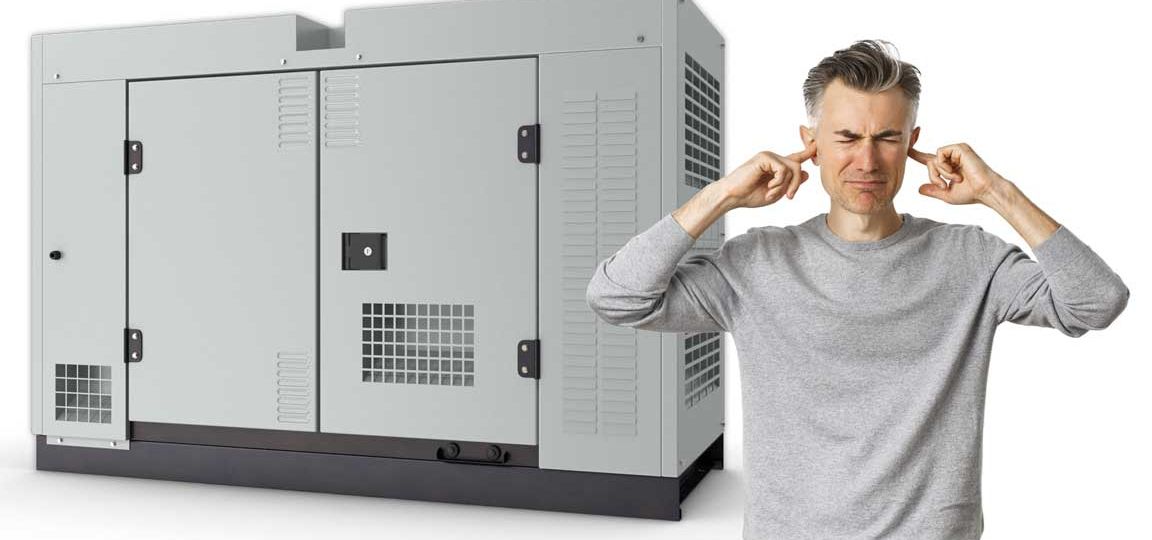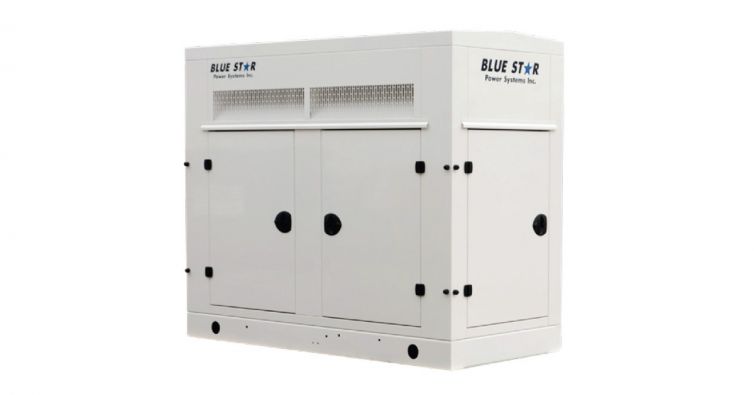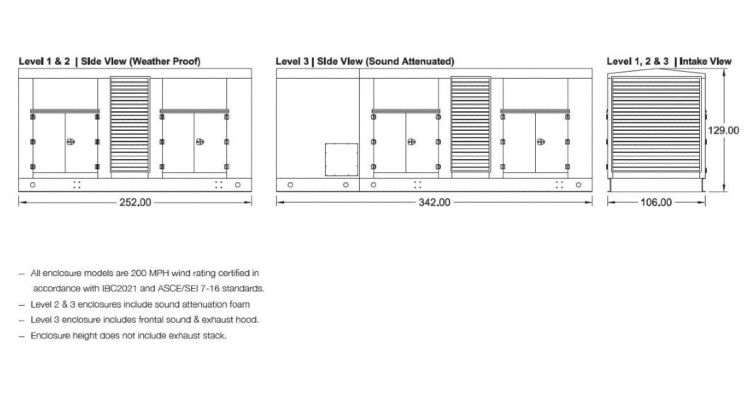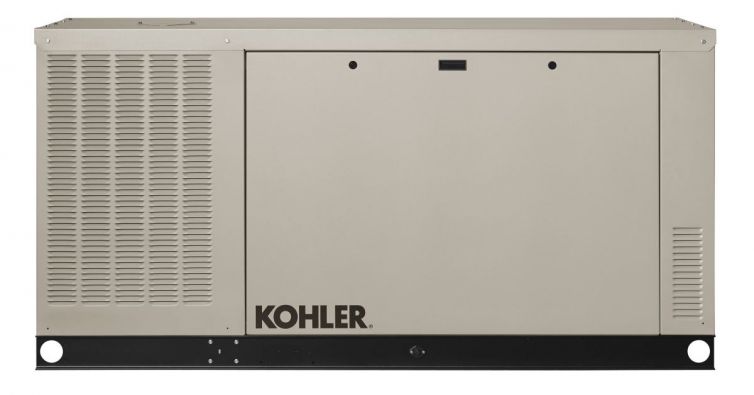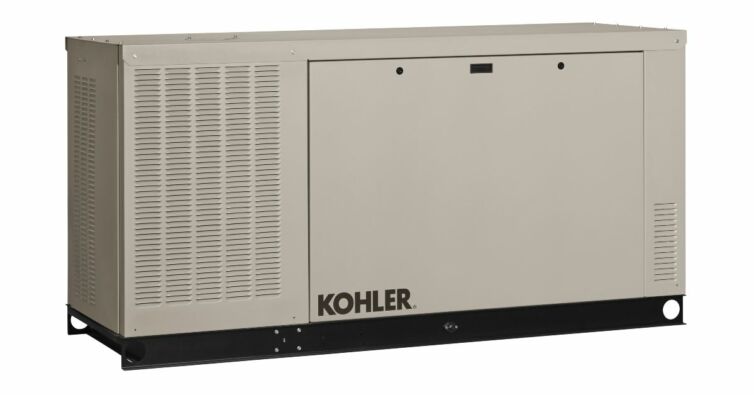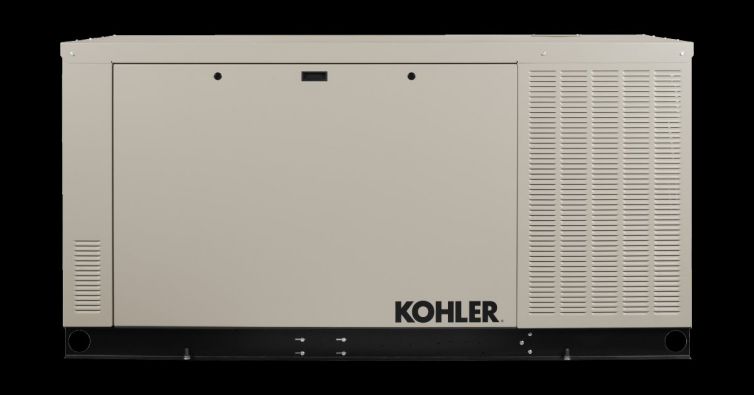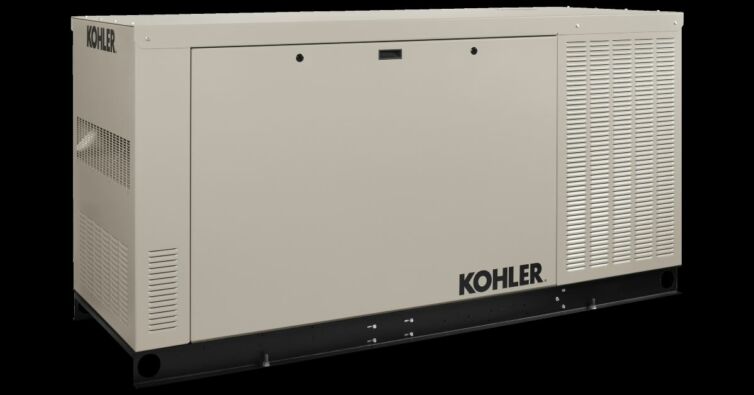When it comes to generators, the convenience they offer is unparalleled. However, the noise generated by these machines in some contexts can be a major inconvenience, especially in residential areas, during outdoor recreational activities or in industrial installations.
Despite the fact that some people believe that a power generator implies noise, it is important to understand that the noise of a generator is more related to the installation and way of use than to the generator itself. Is possible a quiet generator.
Next we will analyze in detail this important topic related to the use of a generator.

- Excessive noise can be disruptive to your neighbors or co-workers.
- A noisy generator can even bring you legal problems with your neighbors.
- In industrial contexts, the noise may make it impossible to concentrate and work.
- Prolonged exposure to loud noise can be damaging to your health. Sounds at 85 dB and above can cause permanent hearing damage to those exposed to it for long periods of time.
- Quieter generators use less fuel and require less maintenance.
What Makes Generators So Noisy?
- The technology and design of the generator. Modern generators from recognized brands implement design efforts and materials to significantly mitigate the noise generated. It is for this reason that products from reputable brands like the ones you can buy here make a difference in the low noise they produce and in many other characteristics.
- Generators can generate noise due to poor fuel combustion.
- Inadequate exhaust ventilation system.
- Vibration of the engine components.
- The type of fuel used in a generator (gasoline, propane, diesel) can also affect the noise levels.
- The size of the generator and the number of watts it produces also play a role in how noisy it is.
- Improperly Installed Generator
- Poorly Maintained Generator
Thank you!
We will contact you soon.
How to Reduce Generator Noise?
- Change the location. For example, choose an open space. Move away from other structures. The ideal position is at least 20ft away from your building, which changes according to the size of the generator.
- Install the generator on a platform. This platform needs to have anti-vibration properties to mitigate the noise.
- Choose the right generator. Choose a quality modern generator with a low noise level. See this variable in the generator specs before buying it and compare it between different buying options.
- Make sure the generator is properly sized for the load. Always get the generator according to your needs. The size of the generator affects its noise-making ability.
- Hire an expert to add insulation to the generator. This expert will be able to use acoustic mats and foam, install acoustic barrier walls.
- Use a soundproof enclosure designed by the manufacturer for your specific generator model.
- Seal any gaps in the generator room without sealing the generator exhaust ventilation system.
- Buy a generator silencer. Many manufacturers sell generator silencers designed to mitigate noise from their generators as an option. If this is not the case, there are companies that work on generator noise mitigation and can design and manufacture a specific one for your installation.
- Regularly check and maintain the generator, this is very importand to avoid noise from your generator.
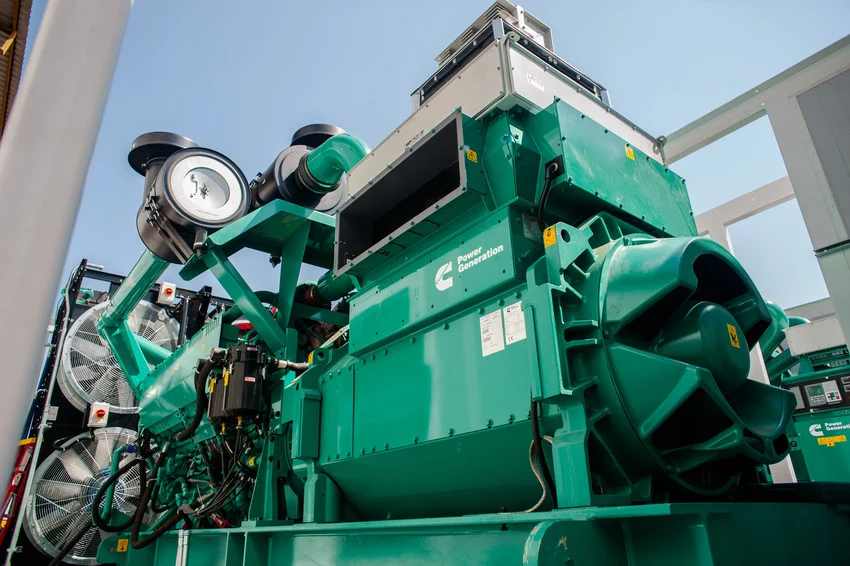
We have seen in this post that having and using a power generator does not imply that we must put up with high levels of noise from ourselves, our neighbors or co-workers.
If we really choose the right power generator and do its installation and maintenance properly, and above all we let ourselves be advised by specialists, the result will be the enjoyment of an alternative power source with optimum performance and without annoying noise.
And remember that we are here to serve you and help you make an intelligent purchase based on your real needs. At Brags & Hayes we offer all the necessary support to advise you on the purchase and maintenance of a power generator for your needs.
Contact us at the phone number +1.954.657.7777, or write to us at info@bnhgenerators.com, and we will gladly help you.
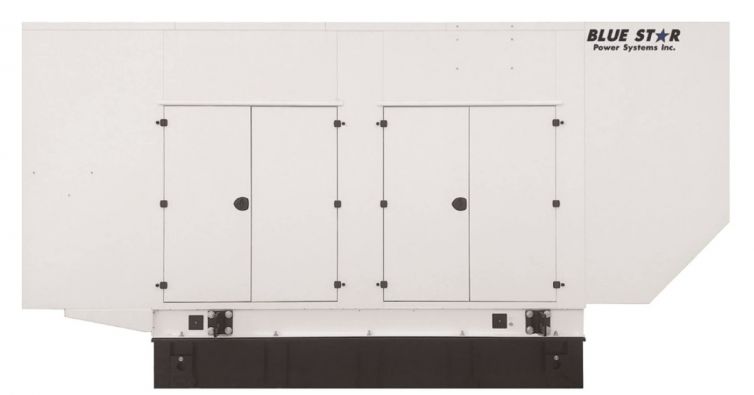
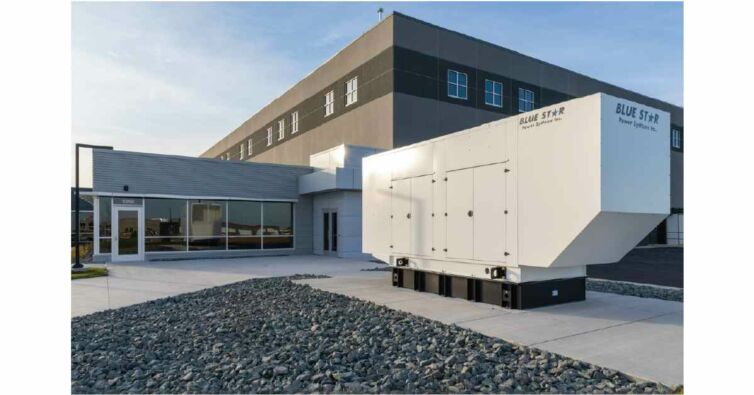
SKU: MD1000-01_L3_12


SKU: MD1000-01_L3_24


SKU: MD1000-01_L3_48
SKU: NG1050-01_L3
SKU: 60RCLB-QS8
SKU: 60RCLB-QS7
SKU: 60RCLB-QS6
SKU: 48RCLC-QS8


